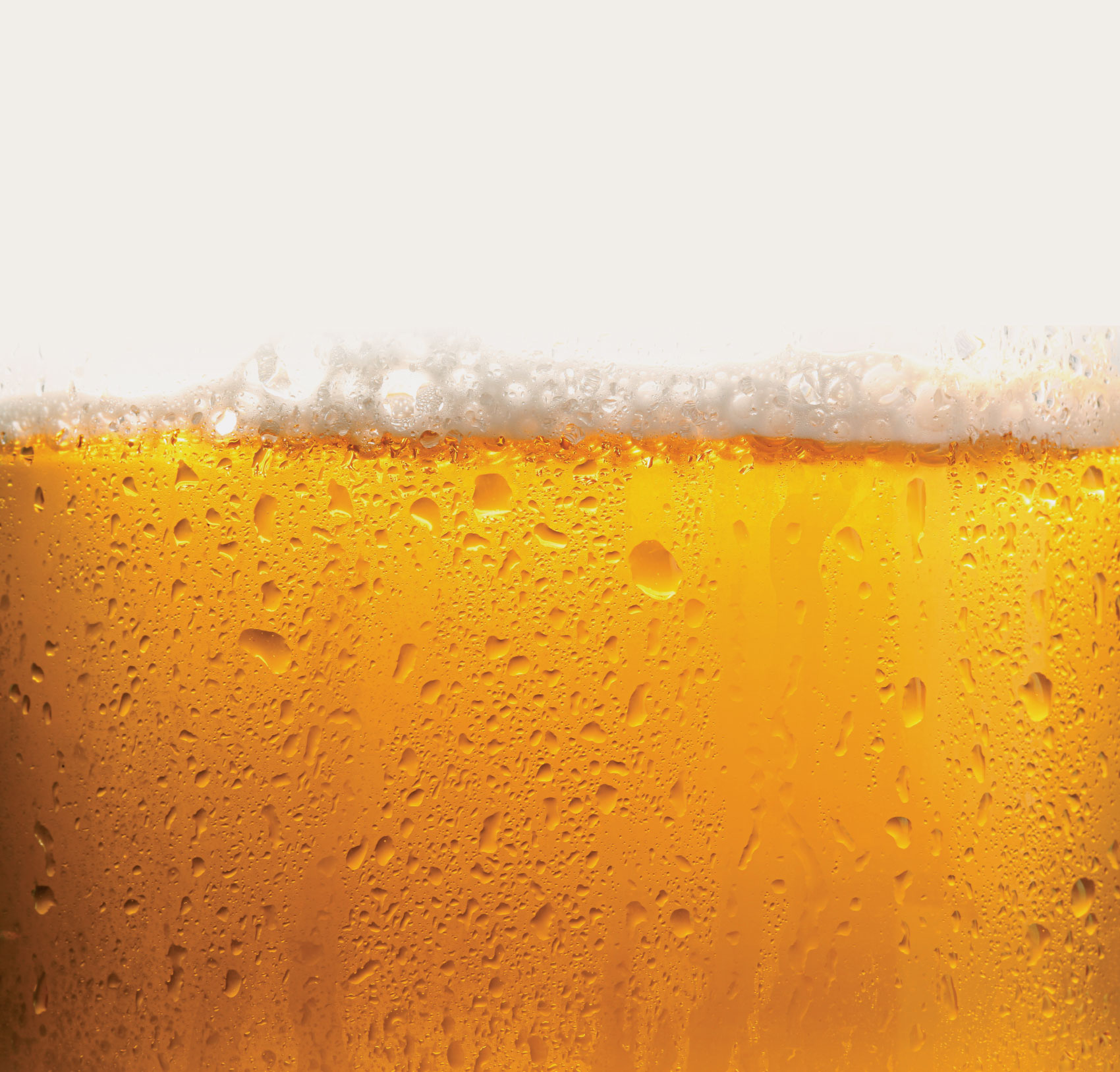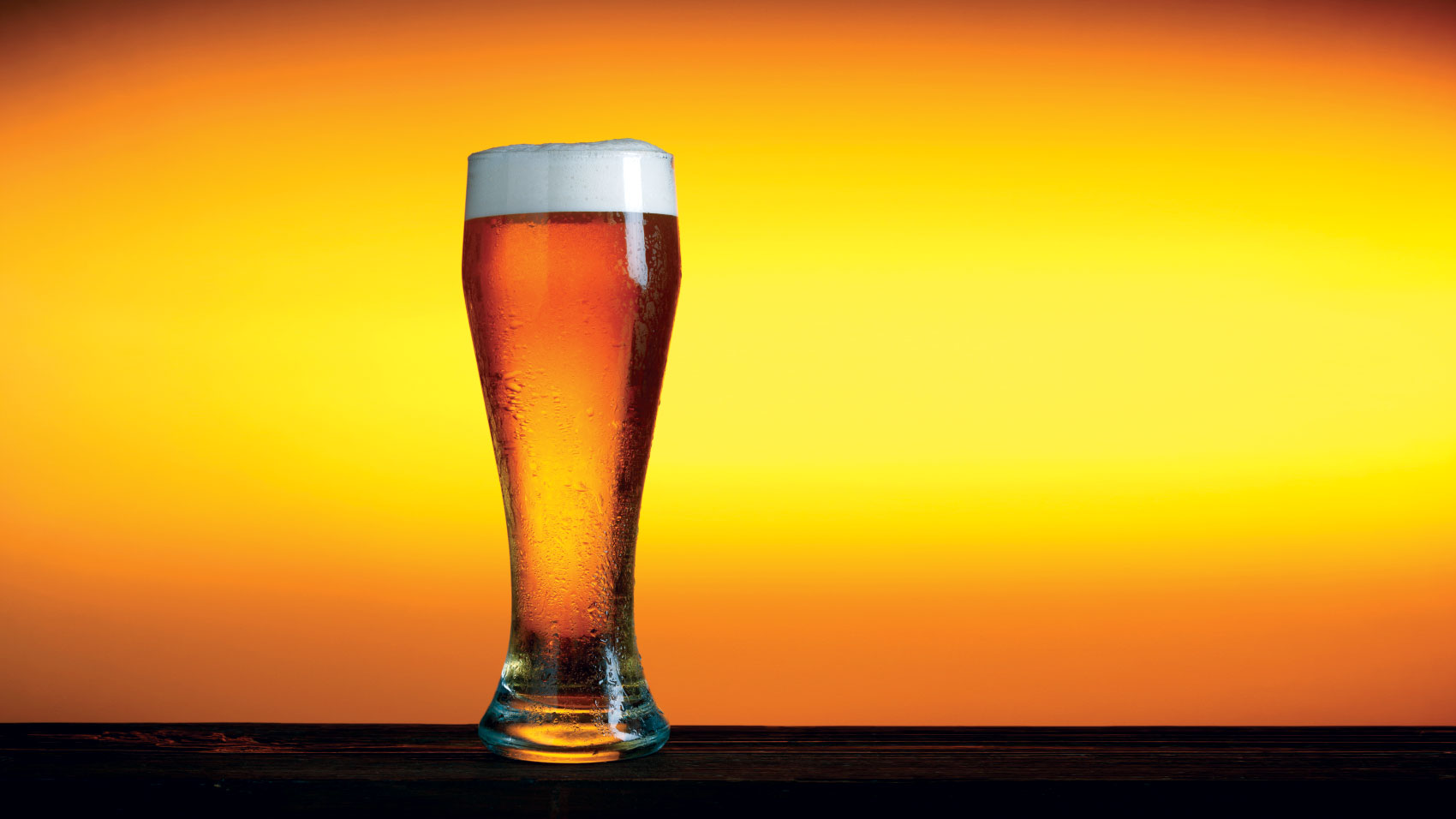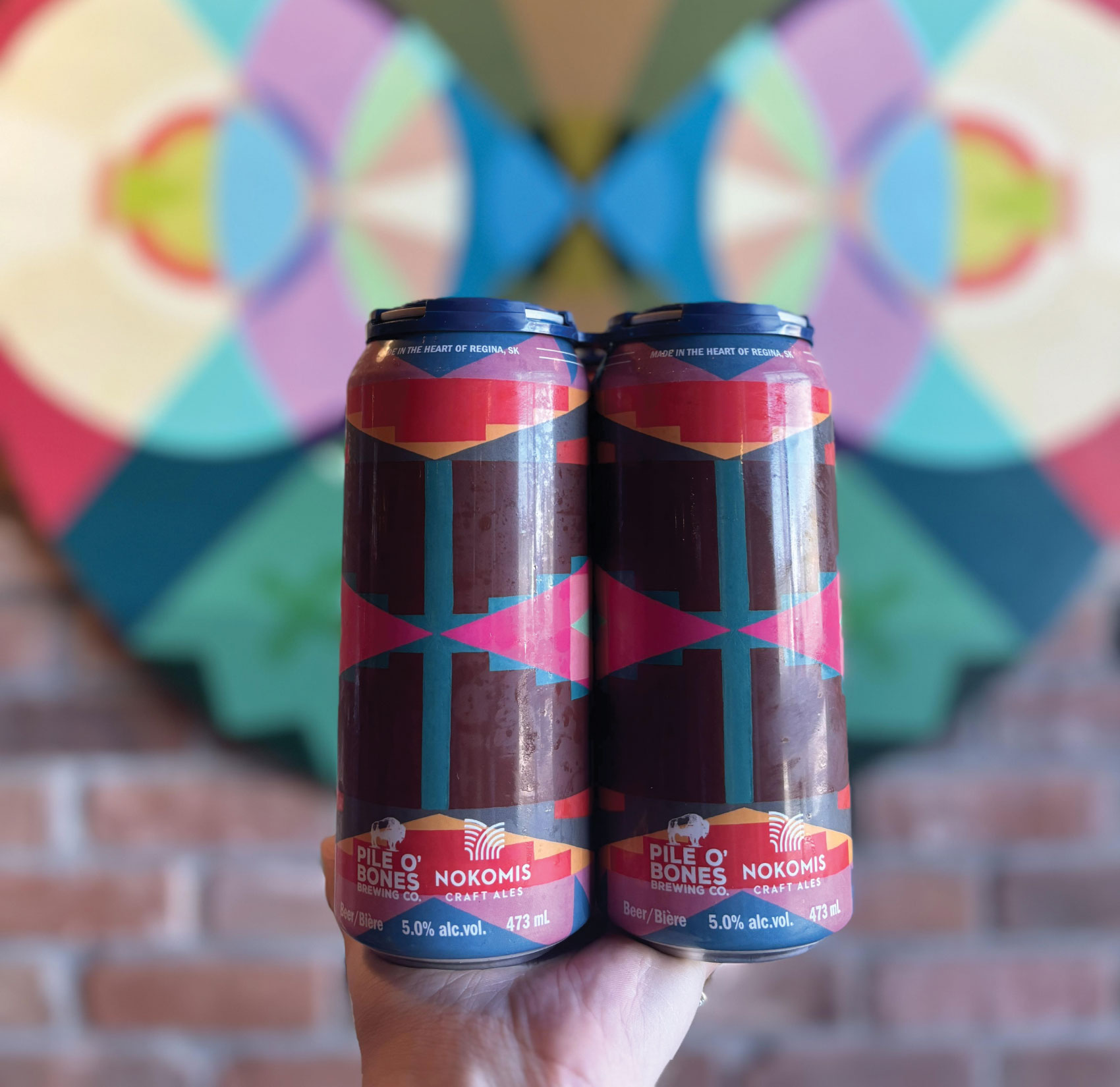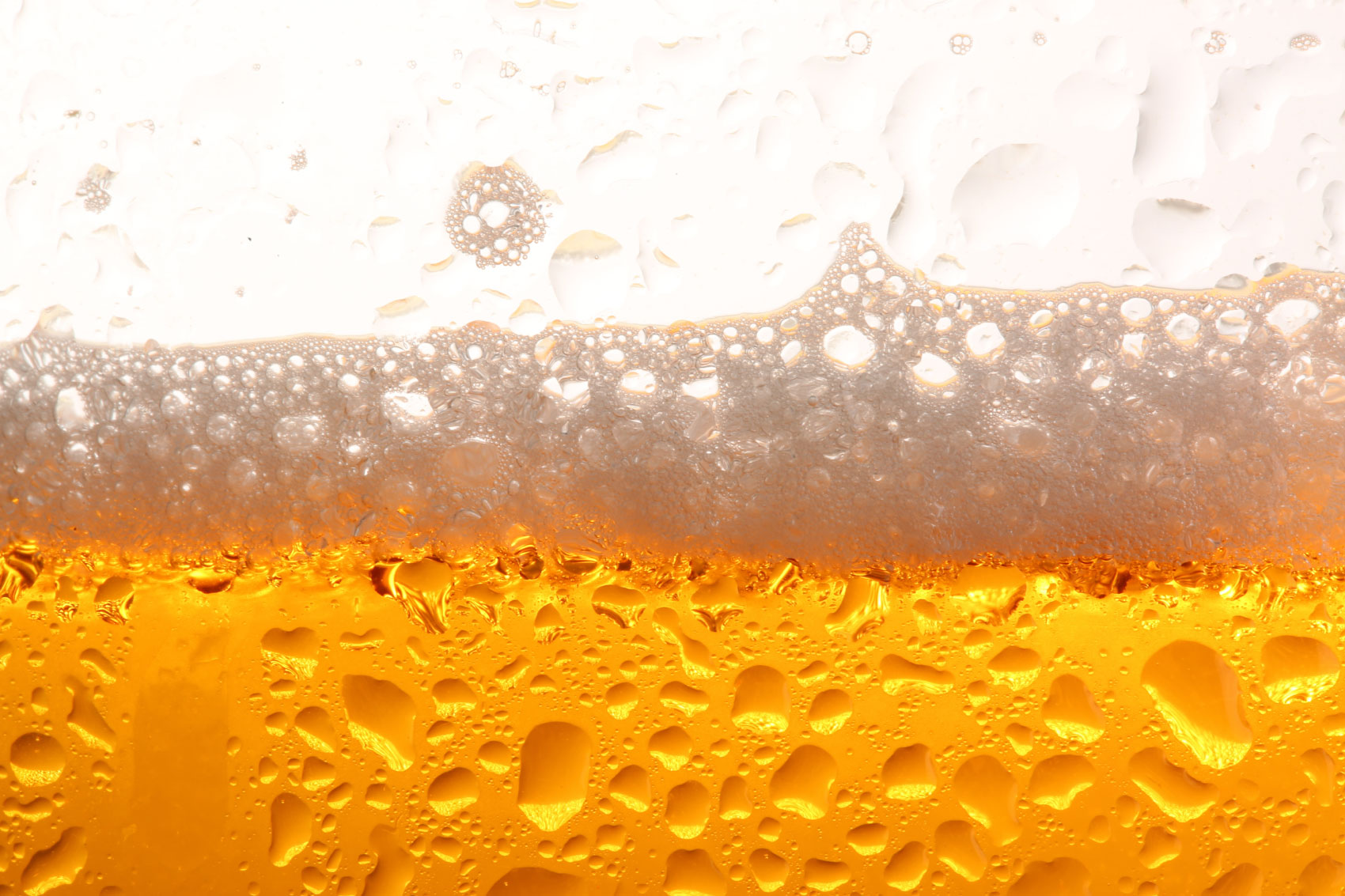Canada has long been recognized for its diverse and dynamic beverage industry, from the internationally celebrated icewines of Niagara to the thriving craft beer movement in British Columbia. Over the years, Canadian winemakers, brewers and distillers have continuously pushed the boundaries of innovation, earning a global reputation for quality and expertise. Today, they are leading the charge in fermentation science, using cutting-edge monitoring techniques, advanced yeast genetics and custom strains to refine their craft. By combining tradition with technology, these pioneers are ensuring consistency, enhancing flavour complexity and unlocking new possibilities in beverage production.
Fermentation, the process that transforms raw ingredients into complex, flavourful drinks, is at the core of this evolution. With advancements in real-time monitoring, producers can now track fermentation variables such as temperature, pH levels and sugar content with unprecedented accuracy. This allows for immediate adjustments to optimise conditions, resulting in better control and higher-quality final products.
Ontario winemakers, for example, are using advanced spectroscopic sensors that analyze fermentation in real time, measuring the concentration of key compounds. This enables vintners to intervene at critical moments, fine-tuning the fermentation process to enhance flavour profiles and ensure batch-to-batch consistency. These innovations not only improve wine quality, but also reduce waste and increase efficiency.
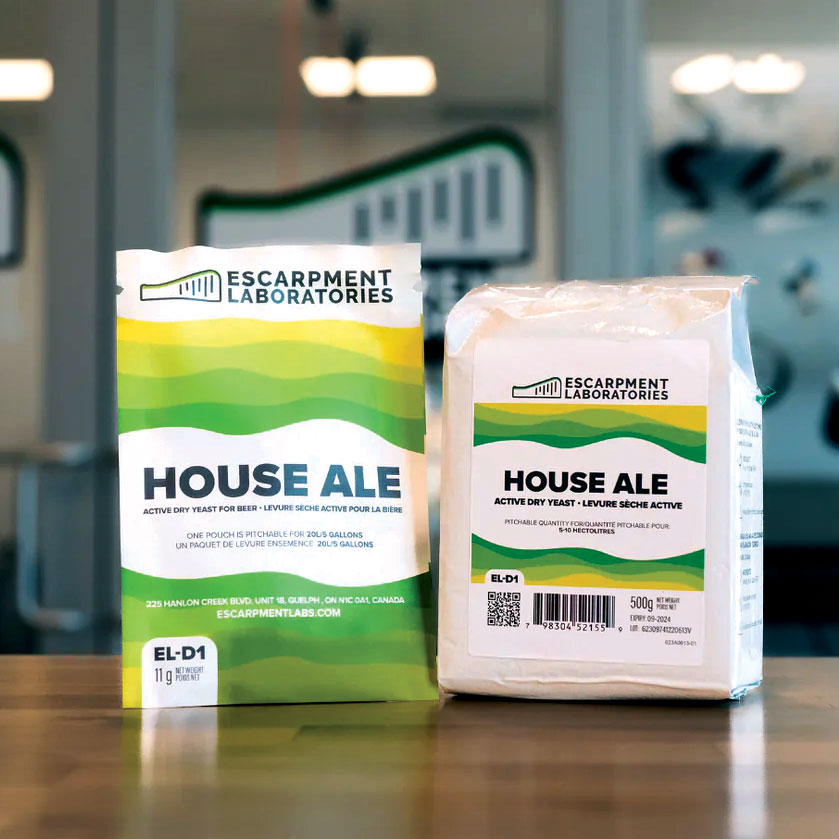
Escarpment Laboratories, a leading Canadian yeast producer, is at the forefront of fermentation innovation. Their approach is “research-driven and collaborative, focusing on solving practical brewing challenges such as flavour consistency, fermentation speed and off-flavours,” said co-founder Richard Preiss. By developing custom yeast strains, they aim to provide brewers with solutions that enhance both efficiency and flavour expression.
One such innovation is EL-D1 House Ale, designed to outperform common strains like US-05 by delivering faster, cleaner fermentations without compromising complexity. For hazy IPA enthusiasts, Escarpment Laboratories created Pomona, a strain that enhances tropical aromas through superior biotransformation while ensuring robust fermentation and stable haze retention. Through ongoing research and collaboration, the company continues to push the boundaries of fermentation science, empowering brewers with high-performing, flavour-forward yeast solutions. The role of yeast genetics in fermentation cannot be overstated.
“By analyzing genomes, we link gene expression to key traits like flavour production, stress tolerance and fermentation speed. We have invested in building a database of brewing yeast whole genome sequences and are continuously adding new genomic analysis to our knowledge base,” said Preiss.
As they continue to experiment with custom yeast strains, wild fermentation and real-time monitoring, Canadian producers are proving that the art of fermentation is far from static. Instead, it is an ever-evolving process – one that blends history, science and craftsmanship to create beverages that are as complex and intriguing as the landscapes they come from.
Strain development methods include selective yeast breeding, adaptive laboratory evolution and targeted gene editing. Understanding how genetics influence flavour and efficiency allows Escarpment to tailor strains for specific outcomes. Notable examples include Elysium, bred for high pineapple aroma, and TERPS, evolved to enhance citrusy terpene aromas.
For craft brewers, balancing scientific advancements with traditional techniques remains a key focus. In Quebec City’s Limoilou district, Grégory Lavoie of LEFOL Brewery embraces a time-honoured approach, producing small-batch Belgian-style beers that are fermented and aged for six months to three years in barrels previously used for wine and bourbon. While he recognizes the value of new developments in yeast science, he remains firmly rooted in traditional brewing methods.
“I’d be happy to experiment with new yeast strains that simplify the process or bring unique aromatic profiles,” Lavoie said. “That said, if no new advancements or yeast strains ever emerged again, I wouldn’t be disappointed. I could still create new flavours using my small collection of 20 yeast strains simply by adjusting temperature, oxygenation and inoculation parameters.”
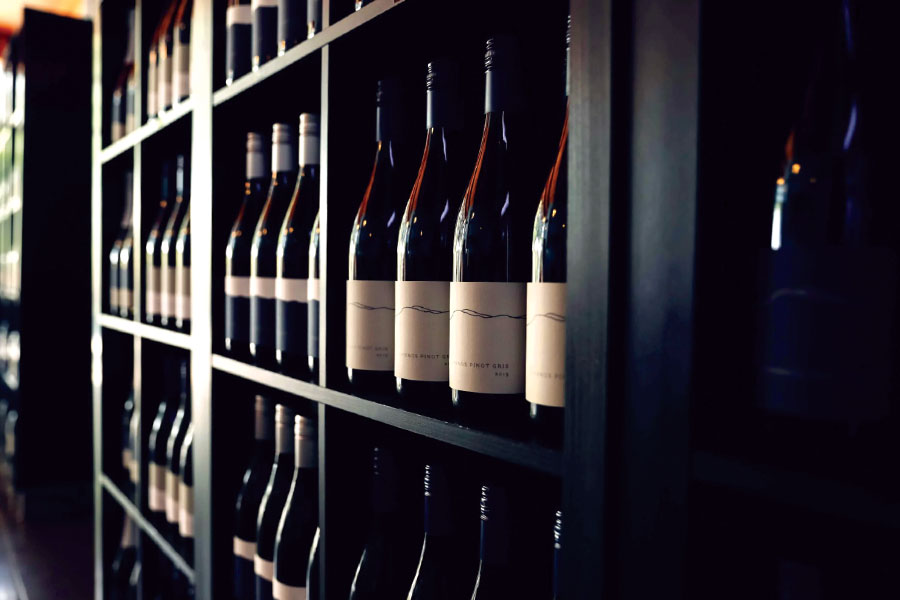
Escarpment Labs’ yeast innovations help brewers create beers that stand out.
“Enhanced biotransformation allows for more intense hop aromas with fewer hops, improving cost-efficiency and sustainability. Custom strains like Elysium, TERPS, Superfog and Pomona empower brewers to achieve distinctive, stable flavour profiles,” Preiss said.
As Canadian producers seek to distinguish themselves, many are turning to wild fermentation techniques and indigenous yeast strains to create truly regional flavours. By embracing local biodiversity, they craft beverages that reflect their unique terroir. This focus enhances quality and uniqueness, and promotes sustainability by reducing reliance on imported strains. On Vancouver Island, winemaker Brent Rowland of Averill Creek Vineyard follows a low-intervention philosophy, relying exclusively on native yeast to ferment his wines.
“I don’t add nutrients, enzymes or yeast – it’s just letting the grapes ferment naturally,” he said. Having worked 25 harvests around the world before settling in British Columbia, Rowland has found that wild fermentations, while slower and sometimes unpredictable, yield more expressive and complex results. With spontaneous fermentation, where wort is exposed to ambient air to be inoculated with wild yeasts and bacteria, the balance between tradition and scientific rigour is particularly crucial.
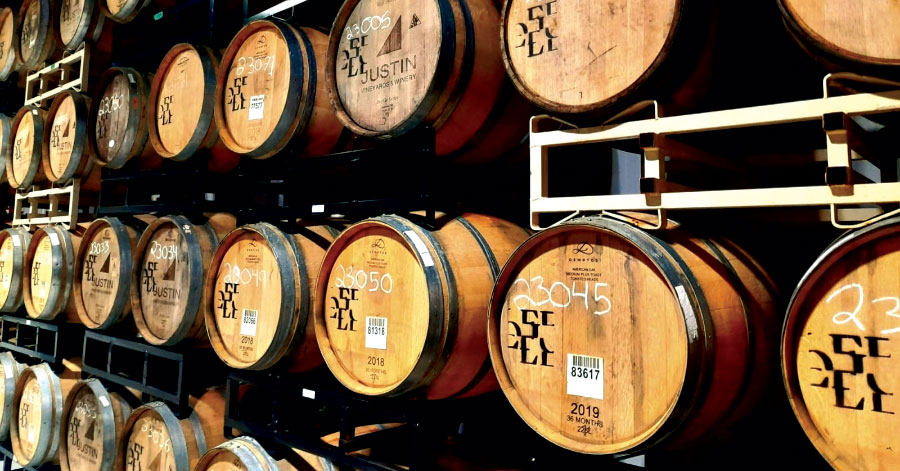
“Many of the yeast strains we use come from the LABO in La Pocatiere [Que.]. For our spontaneous fermentation program, we’ve received valuable advice from Gerald Bourdaudhui, formerly the scientific director at LABO and now senior innovation advisor at ERAC,” said Lavoie. This rigorous approach ensures that brewers maintain control over their fermentation parameters while still embracing the complexity of traditional techniques.
Looking ahead, Escarpment Labs is particularly excited about advancements in yeast-driven aroma production, low and non-alcoholic fermentation strategies and sustainable fermentation processes. By developing yeast strains that reduce dry hopping needs or minimize temperature control requirements, they are paving the way for more efficient and eco-friendly brewing methods.
“We believe these trends will drive a future where brewers can create beers with greater efficiency and sustainability,” said Preiss. Ongoing exploration of yeast biotransformation pathways and genetic hybrids is expected to unlock new flavour categories and beer styles.
As they continue to experiment with custom yeast strains, wild fermentation and real-time monitoring, Canadian producers are proving that the art of fermentation is far from static. Instead, it is an ever-evolving process – one that blends history, science and craftsmanship to create beverages that are as complex and intriguing as the landscapes they come from.

